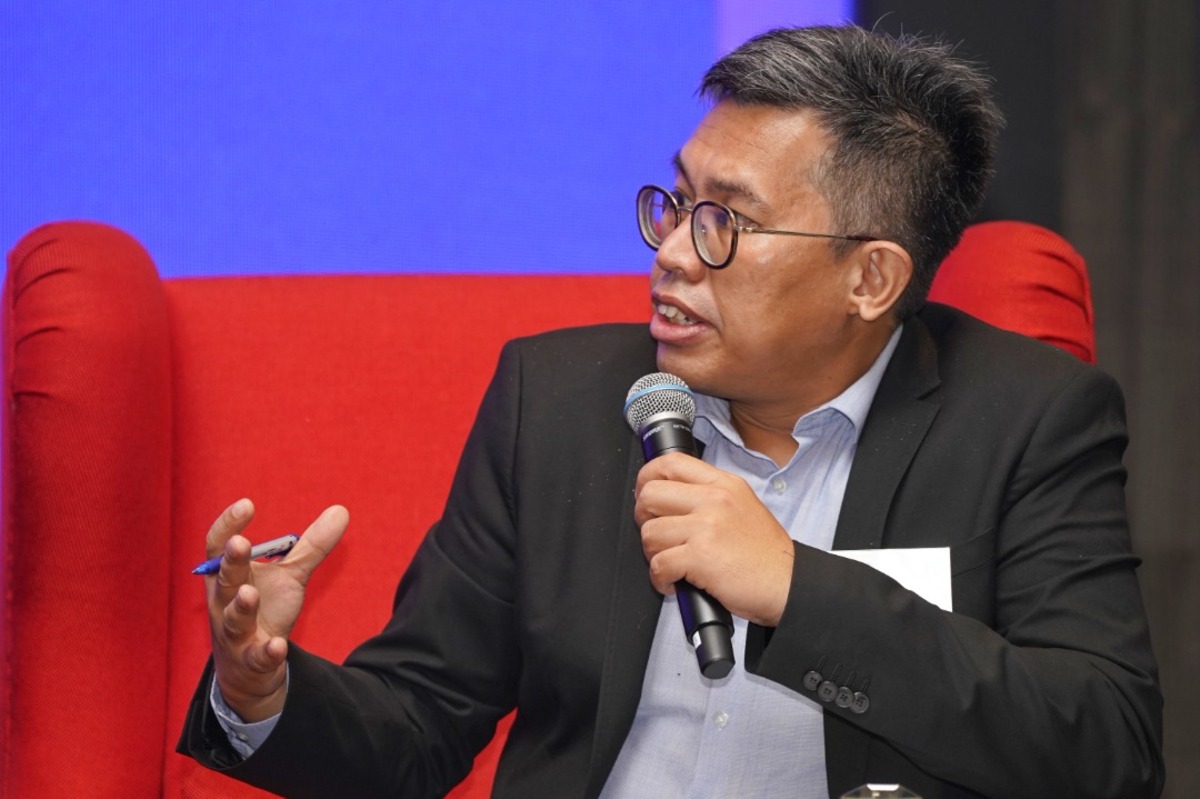The omission of breast cancer in the zero draft of the 2025 United Nations Political Declaration on Non-Communicable Diseases (NCDs) and Mental Health is a serious oversight that fails to reflect the lived realities and urgent public health needs of millions of women across Southeast Asia, including Malaysia.
The Galen Centre for Health and Social Policy urges the UN and its member states to explicitly recognise breast cancer as a priority disease area within the final Political Declaration to be adopted during the fourth high-level meeting on NCDs in New York this September.
We call for Malaysia, as chair of ASEAN for 2025 and a leader of this region, to take up this call to include breast cancer in this important declaration.
In Malaysia, breast cancer is the most commonly diagnosed cancer and the leading cause of cancer deaths among women, accounting for over 30 per cent of all female cancers. Nine women lose their lives to breast cancer each day.
According to the Malaysian National Cancer Registry Report 2012–2016, one in 19 women is at risk of developing breast cancer in her lifetime.
Worryingly, over 47 per cent of cases are detected at late stages (Stage 3 or 4), when survival rates are significantly lower and treatment costs exponentially higher.
Unfortunately, Malaysia’s five-year survival rate for breast cancer is among the worst in the Asia-Pacific region.
A study by Universiti Putra Malaysia found that 13.6 per cent of women in Malaysia are diagnosed before the age of 40, which is higher than in Western countries.
The burden of breast cancer is not only medical – it is social, economic, and deeply gendered. Many women face barriers to early detection, including stigma, low awareness, lack of access to mammograms, and unaffordable treatment options.
The disease also disproportionately affects women in low- and middle-income countries in the region, where health systems are under strain and cancer care infrastructure remains underdeveloped.
We cannot afford to leave out breast cancer in this important declaration.
In Southeast Asia, the incidence of breast cancer has risen steadily, compounded by increasing urbanisation, lifestyle changes, and ageing populations.
Health illiteracy, the lack of structured national screening programmes and delays in diagnosis contribute to high mortality rates across the Southeast Asian region.
We strongly echo the sentiments expressed by global health advocates that breast cancer cannot be excluded from global NCD agendas. It is a leading cause of premature death among women and demands a concerted, multisectoral response.
The Galen Centre calls for the 2025 United Nations Political Declaration on NCDs and Mental Health to:
- Explicitly include breast cancer as a priority NCD within the global agenda.
- Recognise the unique challenges faced by women in low- and middle-income countries in accessing breast cancer prevention, diagnosis, treatment, and care.
- Support equity in cancer control, including commitments to universal health coverage, affordable medicines, early detection programmes, and investments in oncology infrastructure.
- Promote national cancer control strategies that integrate breast cancer prevention and treatment, with measurable targets and accountability frameworks.
No woman should be left behind in the fight against NCDs. Breast cancer should be recognised as a political, economic, and health priority for the region and the world.
As Malaysia and other Southeast Asian countries strive to meet Sustainable Development Goal 3.4 (to reduce premature mortality from NCDs by one-third by 2030) the inclusion of breast cancer is not optional. It is essential.
Azrul Mohd Khalib is chief executive of the Galen Centre for Health and Social Policy.
- This is the personal opinion of the writer or publication and does not necessarily represent the views of CodeBlue.
